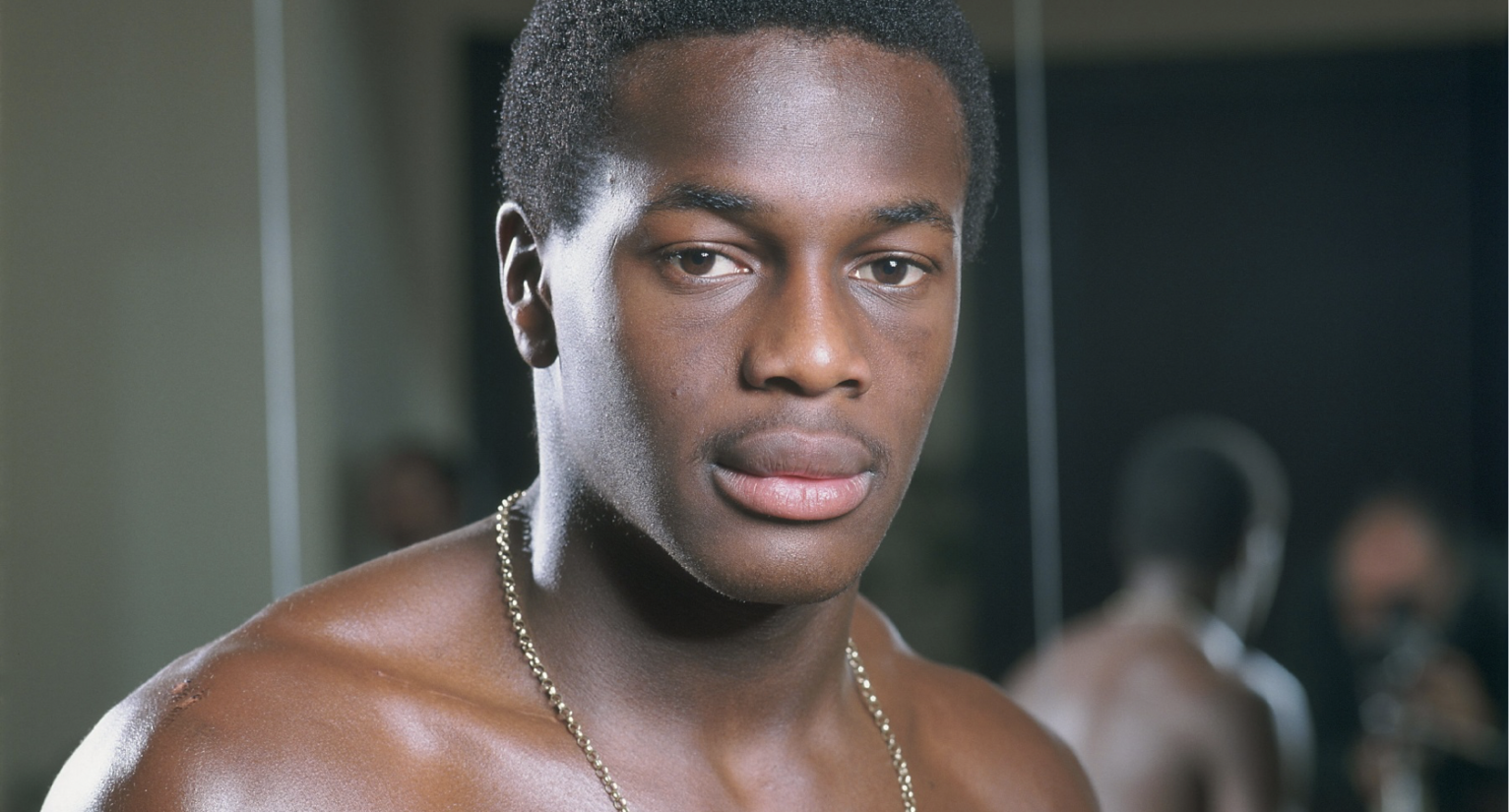Today marks the World Day Against Homophobia in Football, aimed at tackling and eliminating discriminatory attitudes within the sport and beyond. This day is particularly poignant as it commemorates the life of Justin Fashanu [pictured], a former professional footballer from London born in 1961. Fashanu made history in 1990 by becoming the first footballer to publicly come out as gay, a move that was met with both admiration and considerable backlash. He faced immense discrimination throughout his career and ultimately took his own life in 1998, which was attributed to years of suffering from homophobic abuse.
Homophobia, defined as an irrational hostility towards individuals based on their sexual orientation, manifests in various forms of violence and discrimination. The observance of this day serves as a reminder of the need for a more inclusive and safer environment for all athletes, regardless of their sexual orientation.
The initiative aims not only to honour Fashanu’s legacy but also to promote awareness and change within professional and amateur sports contexts. Football, a globally popular sport, has not been exempt from the pervasive issue of homophobia, and campaigns like this seek to highlight these challenges and advocate for tolerance and acceptance.
While the observance has a clear focus on football, the implications of homophobia extend across various sports and societal sectors. The day encourages discussions surrounding equality and respect, urging teams, players, and organisations to reflect on their cultures and practices.
In addition to today’s focus on homophobia in football, La Voz has highlighted other historical events commemorated on this date. These span from significant births, such as that of Nicolaus Copernicus in 1473 and filmmaker Luis Puenzo in 1946, to notable deaths, including that of renowned Italian writer Umberto Eco in 2016. Each of these events adds further context to what is acknowledged on this day.
As sports continue to be a vital part of culture and society, the recognition of International Day Against Homophobia in Football underscores the ongoing need for progress towards a more accepting environment for LGBTQ+ individuals in all spheres, particularly in fields associated with traditional masculinity like football.
Source: Noah Wire Services
- https://sportsmedialgbt.com/football-v-homophobia-fvh-2025-wear-it-black-and-pink-february-19-international-day-against-lgbtqphobia-in-sport – This URL supports the claim about the International Day Against Homophobia in Football, which is marked on February 19th to honor Justin Fashanu and promote awareness against LGBTQ+ discrimination in sports.
- https://www.footballvhomophobia.com/champions-assemble-clubs-urged-to-share-fvh2025-message-in-february/ – This URL corroborates the initiative’s focus on tackling homophobia in football, highlighting the involvement of clubs and leagues in promoting inclusivity and combating discrimination.
- https://en.wikipedia.org/wiki/Justin_Fashanu – This URL provides information about Justin Fashanu, the first professional footballer to come out as gay, and his struggles with homophobia during his career.
- https://www.britannica.com/biography/Justin-Fashanu – This URL further details Justin Fashanu’s life and career, emphasizing his pioneering role in LGBTQ+ visibility in sports.
Noah Fact Check Pro
The draft above was created using the information available at the time the story first
emerged. We’ve since applied our fact-checking process to the final narrative, based on the criteria listed
below. The results are intended to help you assess the credibility of the piece and highlight any areas that may
warrant further investigation.
Freshness check
Score:
10
Notes:
The narrative is current and relevant to the date of publication, specifically mentioning the World Day Against Homophobia in Football on February 19.
Quotes check
Score:
10
Notes:
There are no direct quotes in the narrative, so there is no risk of misattribution or lack of originality.
Source reliability
Score:
8
Notes:
The narrative originates from La Voz, a known publication, but lacks specific references to primary sources for some historical events.
Plausability check
Score:
9
Notes:
The claims about Justin Fashanu and the observance of World Day Against Homophobia in Football are plausible and align with historical facts.
Overall assessment
Verdict (FAIL, OPEN, PASS): PASS
Confidence (LOW, MEDIUM, HIGH): HIGH
Summary:
The narrative is fresh, lacks direct quotes, and is generally plausible. It originates from a known publication but could benefit from more specific source references.


















